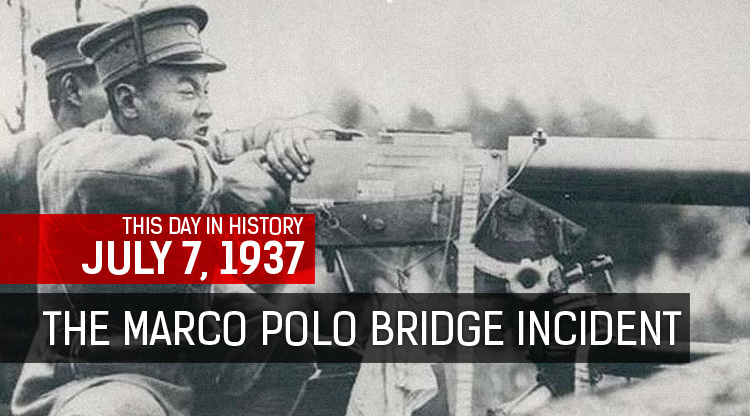After almost eight years living in Beijing, Evan Osnos, author of the New Yorker’s acclaimed regular column Letter From China, now finds himself in the curious position of writing letters to China.
“I have a new foreign assignment, which is the United States,” Osnos says of his new role as a Washington DC based staff writer for the New Yorker. “I was abroard for 11 years, and coming back has been more surprising than I expected it to be. There is something fundamentally different about moving back and imagining the parameters of your life in an American context that just changes the way you see yourself in the world.”
So has he found himself somewhat out of step with the cultural and political values of modern America?
“The truth is, I’ve been struck by how America feels especially American to me right now,” he says. “The United States seems to be constantly asking itself ‘What does it mean to be American?’ It’s a very crazy time right now in American politics, where everyone is jockeying to prove they’re more American than the next guy. The idea that being an atheist is a liability in politics, for example, is fascinating to me.”
He recognizes a kind of parallel with China in that. “It’s interesting. In many ways, the United States is proclaiming its most essential American nature, right at the exact same time that China is proclaiming its most essential Chinese nature. For example, you have the Chinese government talking about the Chinese Dream, and the renewal of the Chinese nation, both of which are exercises in this idea of national identity.”
Could this be considered evidence, perhaps, of a possible convergence? “I think the two have very little in common,” he says of the two countries ideological models.
“I think it’s put into especially stark relief when you put the Chinese Dream next to the American Dream. It’s quite noticeable to me just how different they are. On the Chinese side, the government is trying to rally people around an idea of what it means to be Chinese and pull them together around that idea, while my own sense of it – and this is what I’m writing about in the book [Age of Ambition: Chasing Fortune, Truth, and Faith in the New China] – is that we’re living in a time where Chinese people are actually pointing themselves in many different directions.”
This notion of a more diffuse sense of Chinese identity is a theme that runs throughout Osnos’ work. Was it a conscious decision to focus on a multitude of voices, as opposed to a more singular idea of China?
“It came naturally from a sense of humility, I hope. That’s in the sense that anyone who spends time in China quickly realizes that you can only hope to get an understanding of a very limited part. Your view of China is determined by where you happen to be focused at any one time.”
In his column for the New Yorker, Osnos rarely discussed the totality of China. Instead readers were invited to understand the country through a diverse series of vignettes. Was he weary of assuming that his chosen characters were somehow representative of the country as a whole?
“I’ve always found that one of the hardest aspects of writing about China is that you’re always being asked to assign proportion to people’s experiences. You’re trying to decide if this person whose life I’m describing, whose life you're following, is reflective of broader trends in this country – or is it more idiosyncratic and representative of itself.
“I decided early on that the only honest way I could write about this country was by setting aside these generalizations, about what Chinese people believe, or what Chinese people are experiencing, and try to write about individual lives, and try to dignify them with the value that they deserve.”
This was a literary and political decision, Osnos asserts. “It’s a literary decision in that if you try to write about a ‘Chinese person,’ then very often you end up with nothing, but if you set out to write about a life, and let it lead you in directions that you could never have predicted, then you end up with a story that’s a much more honest way to describe the country.
“And then it’s a political decision, because on some deep level, I do believe that the Chinese individual – whether in politics, in economics or in society – has become important in a way that it has never been in the past, and if we want to understand the country, we have to understand what it means to be a Chinese individual.
“People are now able to make decisions in the course of their lives, about taste, about style, about choice, that defy broad and easy generalizations about the country. So it’s vital that we understand what these individuals are doing, because they matter.”
// March 16, 5pm, RMB75. Glamour Bar.





















0 User Comments